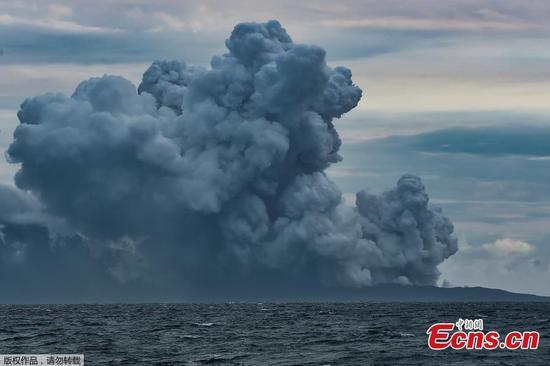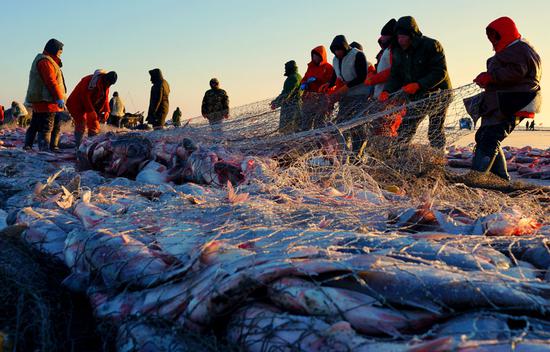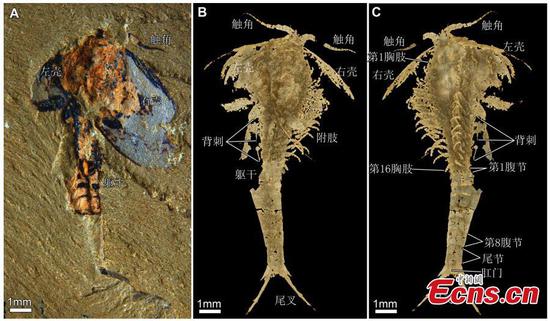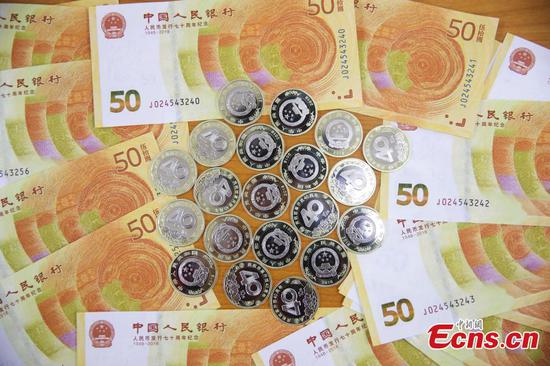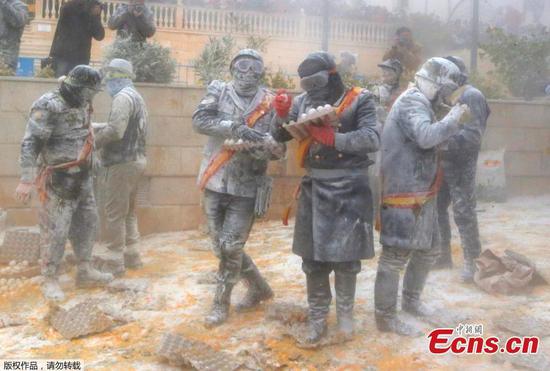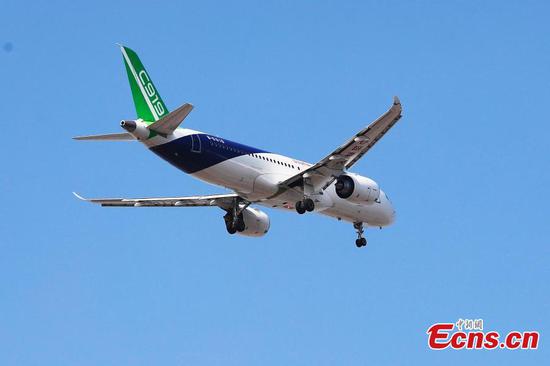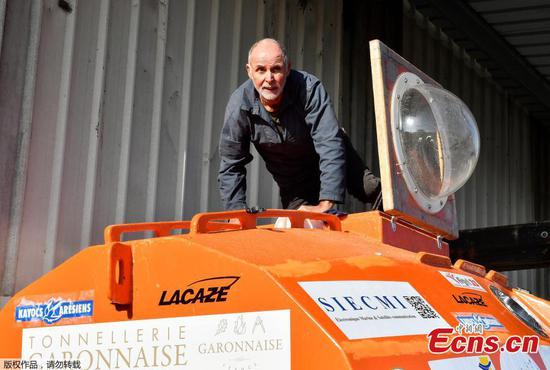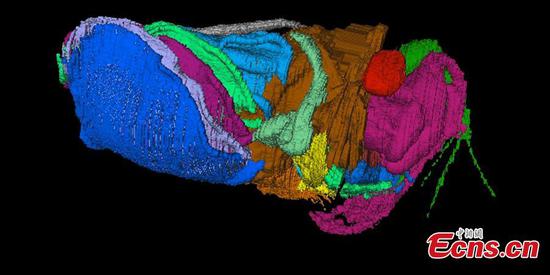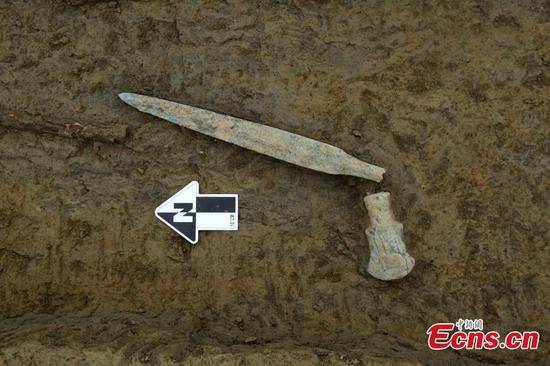A Chinese higher court on Saturday ordered the retrial of Canadian drug-smuggling convict Robert Lloyd Schellenberg, calling the previous 15-year sentence given by a lower court as "light punishment" and "obviously inappropriate," according to a statement released by Liaoning Higher People's Court on its official website.
Schellenberg's case was first heard on March 15, 2016 by the Dalian Intermediate People's Court, which in its verdict on November 20 this year sentenced him to 15 years of imprisonment for drug trafficking and confiscated his personal property worth 150,000 yuan (about 21,800 U.S. dollars). The Dalian court had also ordered that the 36-year-old Canadian be deported after the completion of his jail time.
The Liaoning Higher People's Court, which heard Schellenberg's appeal on Saturday, said that the previous ruling was "obviously inappropriate" given the severity of his crimes and in light of the new evidence presented by the People's Procuratorate of Liaoning Province which indicated that Schellenberg was "very likely" a member of an "organized international drug trafficking" syndicate and "played an important role in drug-smuggling crimes."
The higher court agreed with the procurator's demand for a retrial and decided to send the case back to the Dalian Intermediate People's Court recommending that the defendant be "punished as per the new findings."
China holds a zero-tolerance policy towards drug trafficking and depending on the volume of the banned substance being smuggled, traffickers may even face the death penalty.
"According to China's Criminal Law, persons who smuggle, transport or manufacture opium of not less than 1,000 grams, heroin or methylaniline of not less than 50 grams or other narcotic drugs in large quantities shall be sentenced to a fixed-term imprisonment of 15 years, life imprisonment or death and also to confiscation of property," according to a Global Times report.
Schellenberg allegedly smuggled 222.035 kilograms of methylaniline, the Global Times reported, adding that the Canadian arrived in China on November 19, 2014 and was detained by police on December 3 of the same year from Guangzhou in south China's Guangdong Province.
On Saturday, Schellenberg appeared in the court, wearing glasses, a black shirt and grey pants. He looked very calm during the trial, Global Times reported.
Liaoning Higher People's Court in its statement also mentioned that "during the trial of the case, the people's court guaranteed the rights of defense and translation that the defendant should enjoy during the proceedings."
Before the trial, the people's court notified the Canadian Embassy in China in accordance with relevant regulations, and the embassy officials attended the trial on Saturday, the statement added. More than 50 people including journalists from Chinese and foreign media attended the trial, which began at 2:00 pm local time and lasted for about four hours.
Likely diplomatic impact?
Schellenberg is reportedly the first foreigner to be tried in China on drug-smuggling charges in nine years. The last foreigner to be tried for drug smuggling was British national Akmal Shaikh, who was executed in December 2009 after being convicted for the crime. Shaikh was caught in 2007 while smuggling over four kilograms of heroin into China.
Analysts say that a stricter punishment for Schellenberg, such as death penalty, could further strain ties between China and Canada which are embroiled in a diplomatic brawl triggered by Huawei CFO Meng Wanzhou's "unlawful" detention in Vancouver earlier this month.
Meanwhile, two other Canadian nationals, former diplomat Michael Kovrig and business consultant Michael Spavor remain under detention in China on suspicion of "engaging in activities that endangered China's national security."
Canada and its Western allies have demanded the release of Kovrig and Spavor while justifying Meng's detention as legitimate.
China, however, has constantly distinguished the cases as "different in nature," reiterating that while the Canadians detained by Chinese authorities are suspected of endangering China's national security, Meng who has broken no Canadian law was "illegally detained" in Canada "at the behest of the U.S. side."
Meng was detained in Vancouver on December 1 at the request of the U.S., which is seeking her extradition over allegations that her company conducted business with Iran in violation of U.S. sanctions. Meng and Huawei have denied any wrongdoing and are fighting a legal battle in Canada.
Kovrig and Spavor were detained on December 10 and are being investigated by the Beijing State Security Bureau and the State Security Bureau of Dandong City, northeastern Liaoning Province, respectively.
Meanwhile, Canadian teacher Sarah McIver, who was this month taken into "administrative detention" for "working illegally" in China, was released and has returned to Canada, according to multiple media reports on Saturday. The Canadian government confirmed that the teacher has returned home.













